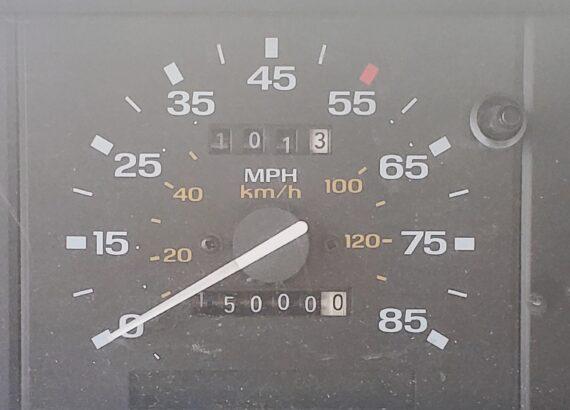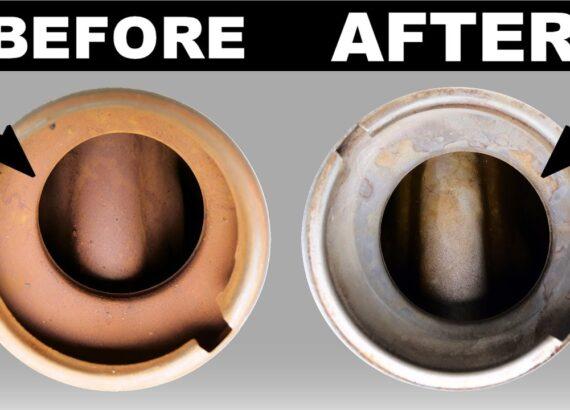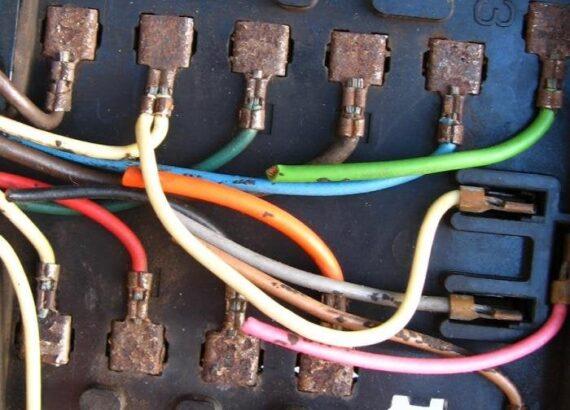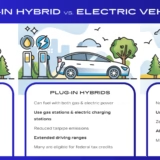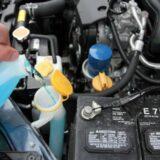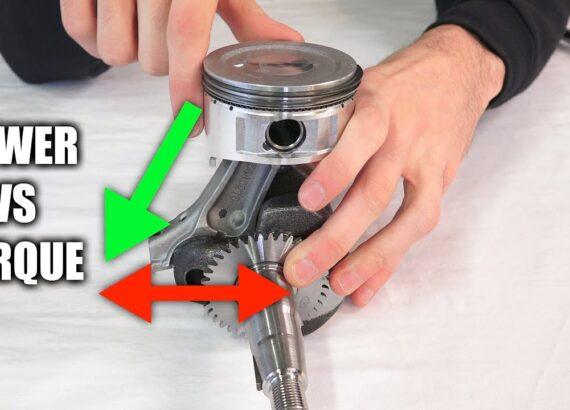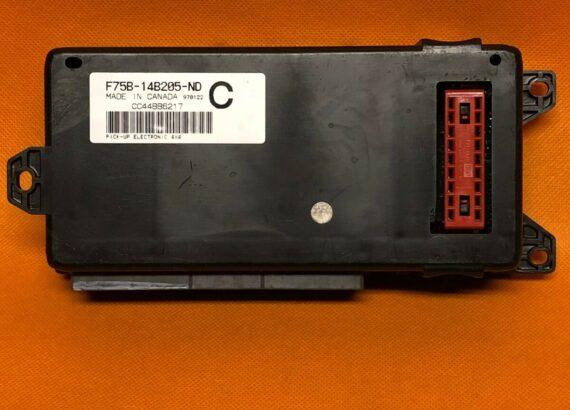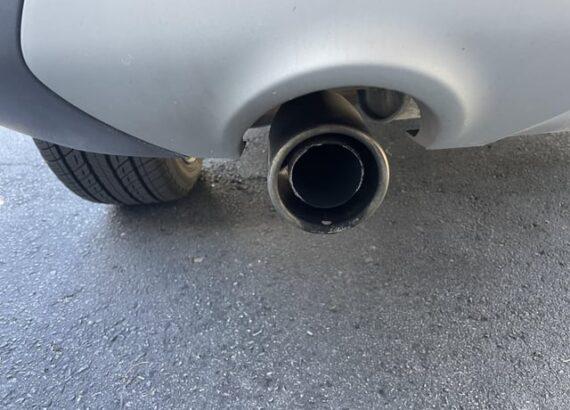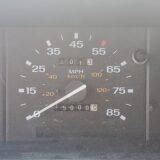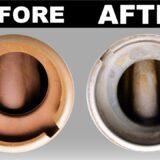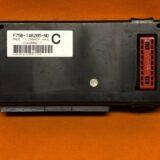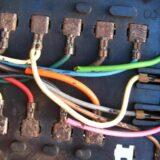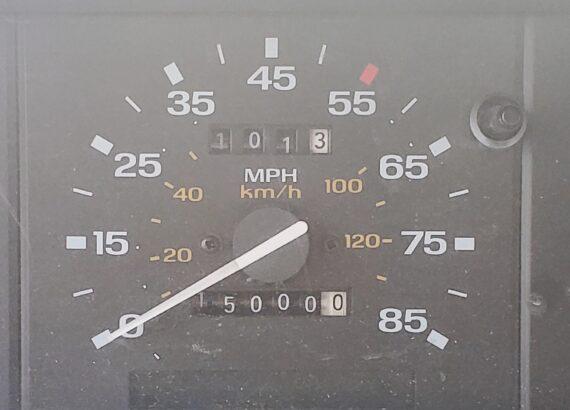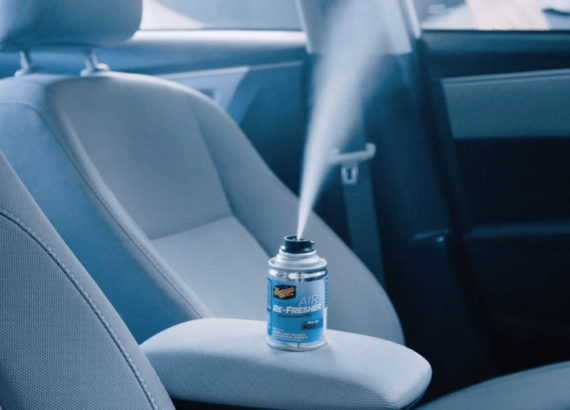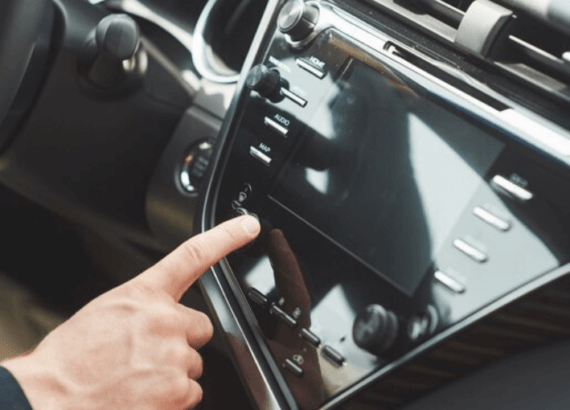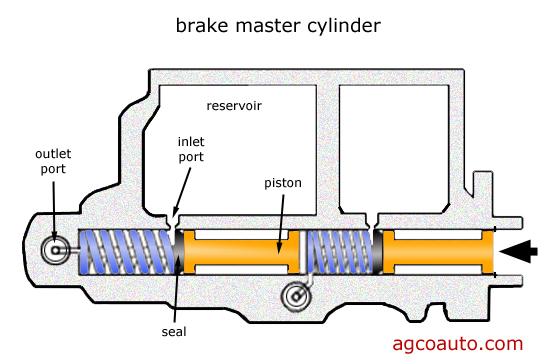
How Long Does It Take For Power Steering Fluid To Mess Up Brakes: Expert Insights
Cars are complex machines. They have many parts that need to work together. Two important parts are the power steering and brakes. But what happens if power steering fluid gets into the brake system? Let’s find out.
Understanding Power Steering Fluid and Brakes
Power steering fluid helps you turn your car easily. It makes steering smooth. Brake fluid, on the other hand, helps stop your car. It creates pressure in the brake lines. This pressure makes the brakes work.
What Happens When Fluids Mix?
Power steering fluid and brake fluid should not mix. They are designed for different systems. If power steering fluid gets into the brake system, it can cause problems.
How Long Does It Take for Problems to Appear?
Problems can start quickly. In some cases, issues can appear in just a few hours. In other cases, it might take a few days. But the damage will happen. It is just a matter of time.
Signs of Contamination
How can you tell if there is a problem? Here are some signs:
- Spongy Brake Pedal: The brake pedal feels soft when you press it.
- Brake Failure: The brakes do not work at all.
- Odd Noises: You hear strange noises when braking.
- Brake Fluid Leaks: You see fluid leaking near the brakes.
If you notice any of these signs, get your car checked immediately. It is not safe to drive with bad brakes.
Why Does This Happen?
Power steering fluid has different properties. It can damage the seals and rubber parts in the brake system. This leads to leaks and loss of brake pressure.
How to Prevent This Problem?
Prevention is better than cure. Here are some tips to avoid this issue:
- Use the Right Fluids: Always use the correct fluids for your car.
- Check Labels: Read labels carefully before adding any fluid.
- Regular Maintenance: Get your car serviced regularly.
- Professional Help: If unsure, seek professional help.
Following these tips can keep your car in good shape.
What to Do If Contamination Occurs?
If power steering fluid gets into the brake system, act fast. Do not drive the car. Here is what you should do:
- Stop Driving: Park the car safely.
- Call a Mechanic: Get professional help immediately.
- Flush the System: The mechanic will need to flush the brake system.
- Replace Damaged Parts: Any damaged parts must be replaced.
Quick action can prevent further damage and keep you safe.

Credit: www.agcoauto.com
Importance of Regular Maintenance
Regular maintenance is crucial. It can prevent many issues. Here are some benefits:
- Safety: Well-maintained cars are safer to drive.
- Cost-Effective: Preventing problems is cheaper than fixing them.
- Longevity: Maintenance extends the life of your car.
- Performance: Your car will run better.
Make sure to follow the maintenance schedule for your car.

Credit: www.amazon.com
Frequently Asked Questions
Can Power Steering Fluid Affect Brakes?
Yes, it can. Power steering fluid contamination can damage brake components and reduce braking efficiency.
How Does Power Steering Fluid Enter Brakes?
It usually enters through a leak or faulty seal, mixing with brake fluid and causing damage.
What Are Signs Of Brake Contamination?
Spongy brake pedal, reduced braking power, or unusual noises are signs of brake contamination.
How Quickly Does Fluid Contamination Occur?
It can happen rapidly, especially if there’s a significant leak or faulty component.
Conclusion
Power steering fluid should never mix with brake fluid. If it does, problems can start quickly. Look out for warning signs. Act fast if you suspect contamination. Regular maintenance can help prevent issues. Always use the right fluids for your car. Stay safe and keep your car in good condition.

Sium is a passionate automotive enthusiast and writer at SiumPro. With a deep understanding of cars and a keen eye for detail, Sium brings valuable insights and engaging content to readers. From reviews to tips and industry updates to delivering informative and enjoyable automotive articles.
